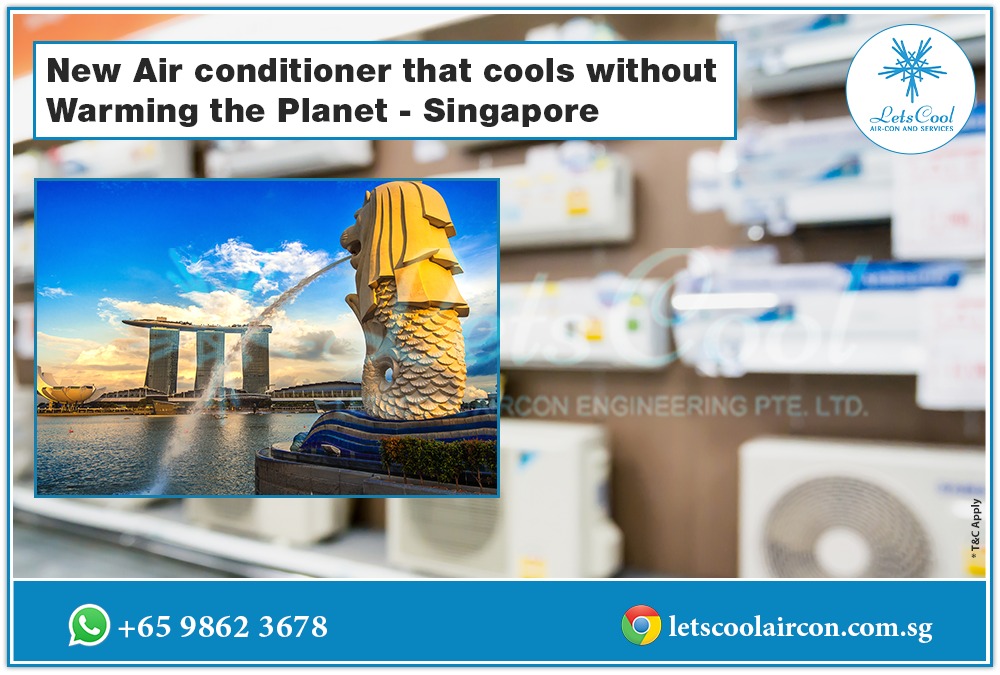Researchers from the National University of Singapore produce the first prototype of a new, environmentally friendly air conditioner
The basic home cooling unit has scarcely changed since it was first designed a century prior; yet analysts in Singapore as of late uncovered new innovations that guarantee more vitality proficient and naturally well disposed methods for cooling.
Researchers from the National University of Singapore a week ago declared the improvement of a model of a supportable cooling unit which utilizes water rather than refrigerants, and expends 40 percent less power to work, and can cool a space to as low as 18 degrees Celsius.
Ernest Chua, relate teacher from the college’s Department of Mechanical Engineering, told Eco-Business in an ongoing meeting: “Current climate control systems depend on innovation that is extremely old, and there’s not been any achievement in making cooling less vitality serious or naturally agreeable.”
Climate control system producers to date have looked to enhance the execution of the machine’s distinctive segments, for example, blowers and evaporators. “Yet, these are minimal upgrades. We need, as we state in logical terms, a quantum jump enhancement in vitality productivity,” said Chua.
His group has, following four years of government-supported research, created two new advances that make it workable for forced air systems to perform cooling capacities utilizing water as opposed to conventional compound refrigerants.
The first is a layer dehumidifier which utilizes exceptional water-engrossing materials and a distinction in pneumatic stress to remove water from encompassing air as it is gone through the film. The water expelled is consumable and nearly as unadulterated as packaged drinking water, said Chua.
The drier air is then gone through what is known as the counter-stream dew-point evaporative cooler, the group’s second innovation. This gadget evacuates warm through evaporative cooling, a similar procedure that diminishes body temperature through sweat.

